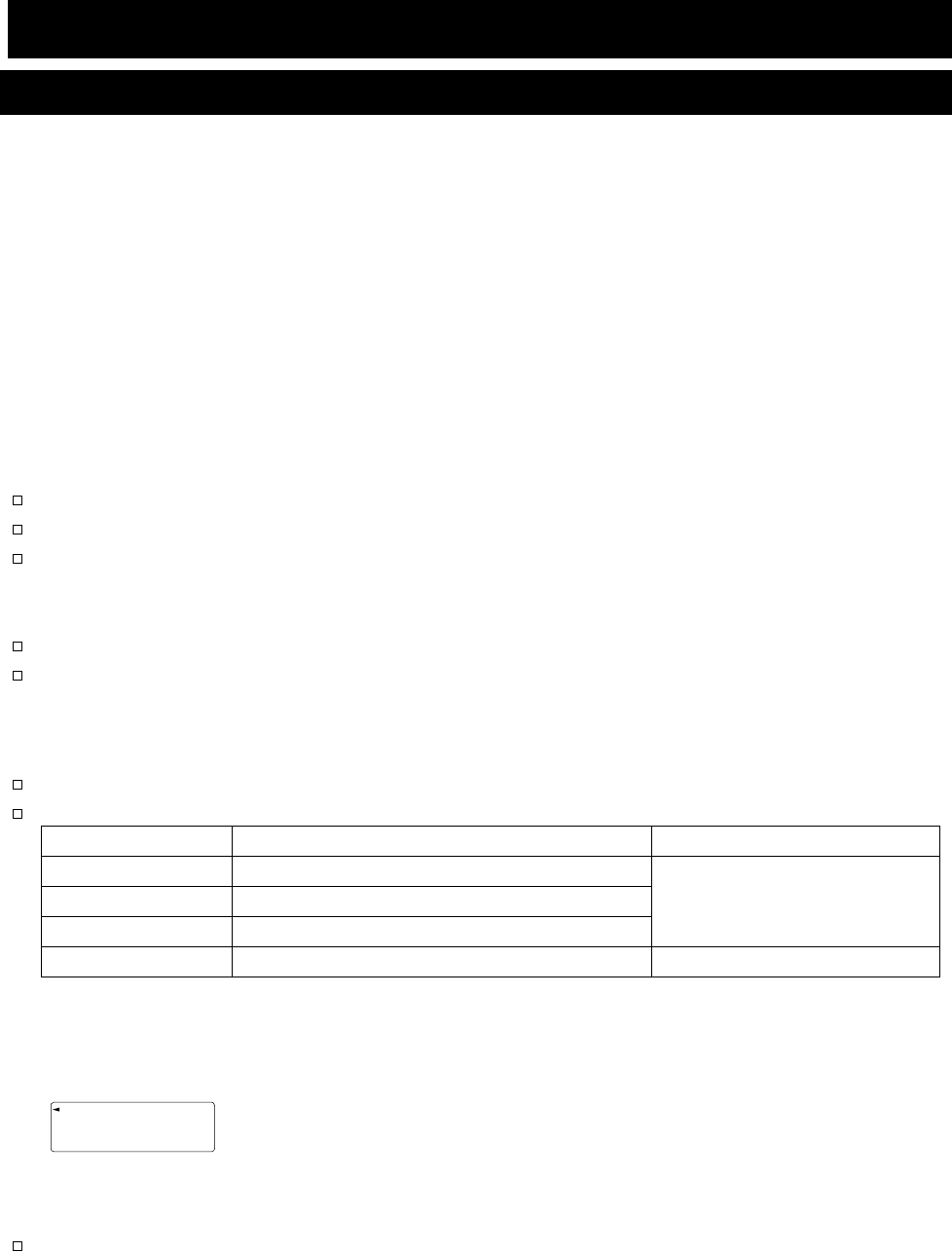
23
8. Calibration
8.1. Calibration Group
Calibration
Automatic self calibration (Calibration due to changes in temperature)
Calibration using the internal mass (One-touch calibration)
Calibration using an external weight that you have
Calibration test
Calibration test using the internal mass
Calibration test using target mass that you have
Correction of the internal mass value
Correction of the internal mass value
Caution
Do not allow vibration or drafts to affect the balance during calibration.
Calibration test does not perform calibration.
To output the data for GLP using the RS-232C interface, set "GLP output (info)" of "Data
output (dout)". Refer to "10. Function Table". Time and date can be added to GLP report. If
the time or date is not correct, adjust them. Refer to "10.7 Clock and Calendar Function".
Calibration test is available only when "GLP output (info)" of "Data output (dout)" is set .
The calibration and calibration test data can be stored in memory. To store them, set "Data
memory (data)". Refer to "12. Data Memory" for details.
Caution on using an external weight
The accuracy of an external weight can influence the accuracy of weighing.
Select a mass for calibration and calibration test from the following table.
Model Usable calibration mass Adjustable range
GH-120 50g, 100g*
GH-200 100g, 200g*
GH-300 100g, 200g*, 300g
-15.0 mg to +15.9 mg
GH-202, GH-252 20g, 50g, 100g, 200g* -15.00 mg to +15.99 mg
The calibration mass in bold type: factory setting
The calibration mass value can be adjusted within the range above.
Display
This indicator means "In process of measuring calibration data".
Do not allow vibration or drafts to affect the balance while the indicator is
displayed.
About the internal mass
The internal mass may change due to corrosion or other damage caused by the operating
environment, or due to aging. Check the internal mass periodically and correct the internal
mass value if necessary.


















